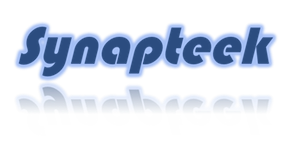Architecture of the Google App Engine. (Photo credit: Wikipedia)
Offers on cloud computing are growing faster nowadays. In this article, I propose to have a look on Google with its Google App Engine platform (GAE) that I had the opportunity to use recently.
GAE was first released in April 2008 and is based on a Python web-server. The offer consists of
an out-of-the-box application platform including a development kit, an application server, a non-relational data store as well as a huge bunch of web-services that can be used freely or through a pay-per-use scheme.
Provided with the standard GAE plateform is a no-SQL database accessible through either Java or Python API (this last one being apparently the preferred one for the access to the data store)
GAE pricing model follows a pay-per-use scheme with a free start and fees to pay when quotas are reached.
In the same way, used services (search, geolocalization...) are available through a pay-per-use scheme with a free start for non professional use.
I tried Google App Engine with Java recently and was quite satisfied with the whole ecosystem. In order to access to the database, I also add the ORM Objectify that greatly accelerated my development.
I particularly liked the integration with Eclipse, which is the Java IDE that I use. The data store use was a bit weird for me as the beginning and I had to change my relational schemes way-of-thinking.
The only point I may raised would concern the migration of the hosting of the application from the GAE environment to an other one (for instance not submitted to Patriot Act). But this will be another story...
Related articles
- Google App Engine Logo Sharkon Gets A Makeover (vlogg.com)
- Google app engine website hosting using external host domain (stackoverflow.com)
- Why we are moving away from Google App Engine (conceptcodify.com)
